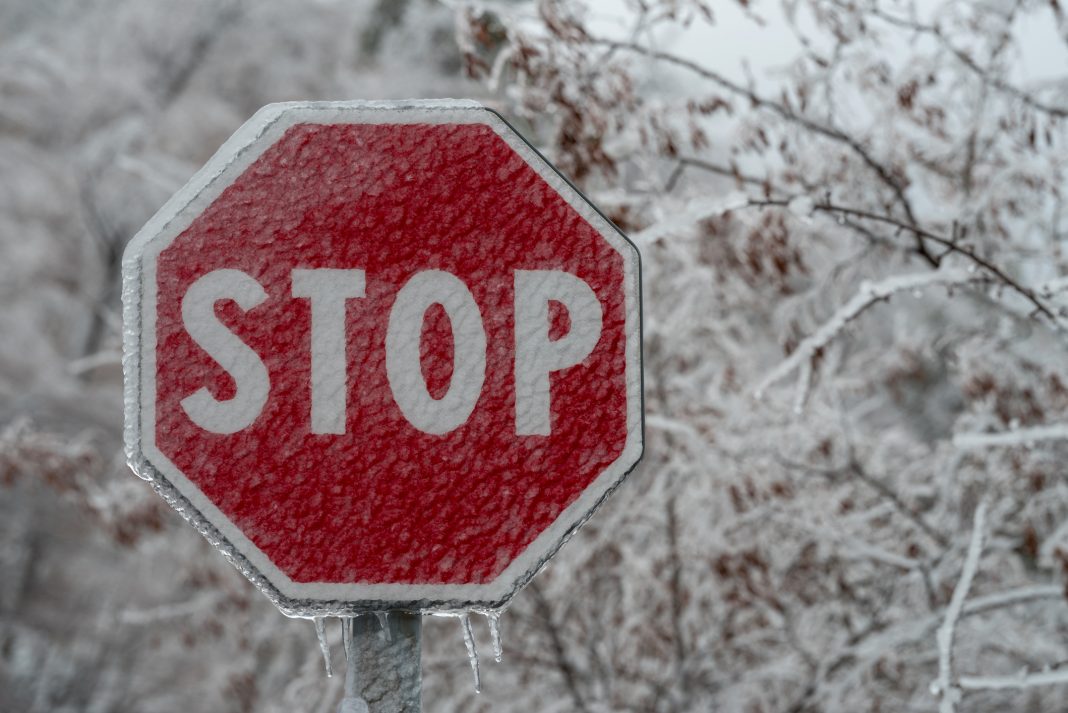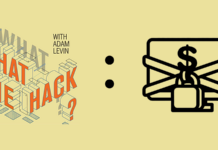With the majority of the United States in the grip of record-setting cold temperatures and ice storms and a pandemic claiming more than half a million Americans, there’s one thing we can be certain of: There will be more scams out there.
Although six in ten Americans expect to be affected by a natural disaster in the next few years, most are not prepared for one. Less than a third have taken basic precautionary measures to back up personal, medical, and financial records in the events of natural disasters.
This lack of preparation poses a double threat: loss of personal data in the face of a natural disaster can cause extra financial hardship during the recovery process, and it opens the door to scammers and identity thieves who are always ready to exploit every opportunity.
Here’s what you need to know to be prepared:
- Have digital and printed copies of identification and financial documents: The process of proving your identity and getting everything replaced is significantly less cumbersome if you can authenticate yourself. Keep contact information for financial institutions and credit card companies on hand to freeze your accounts or open a new line of credit if necessary.
- Store documents, photographs somewhere offsite: In the event of damage or destruction to your home, it’s vital to have copies of your most important records kept safe and offsite. It’s best to find two solutions, such as a secure cloud-based digital backup for electronic copies and a safe deposit box.
- Enable alerts on your accounts: Banks, credit, and debit card issuers will typically offer notification services in case of unusual activities on your accounts. This can help protect your accounts from opportunistic scammers.
In the aftermath of a natural disaster, common scams should remain top of mind. Here’s what to keep an eye out for:
- Phony contractors: Ice storms, wildfires, and hurricanes mean clean up. Scammers often pose as contractors offering to help with repairs to houses and business – for an up-front fee. Double check that any contractors offering “assistance” are licensed and bonded, and never pay in advance.
- FEMA agents, insurance adjusters, etc.: Scammers will often be one of the first on the scene to areas affected by natural disasters, claiming to offer assistance or services in exchange for your personal info, which they use to steal your identity. This is a more damaging scam if you have no internet or telephone access. The only safe option is to never provide potentially sensitive information to a third party.
- Fundraisers: People will often raise money either door-to-door or online to help others in the wake of a natural disaster. They may be lining their own pockets, instead. If you’re looking to donate, find an established and well-vetted non-profit organization active in your area, or consider volunteering your time instead.










